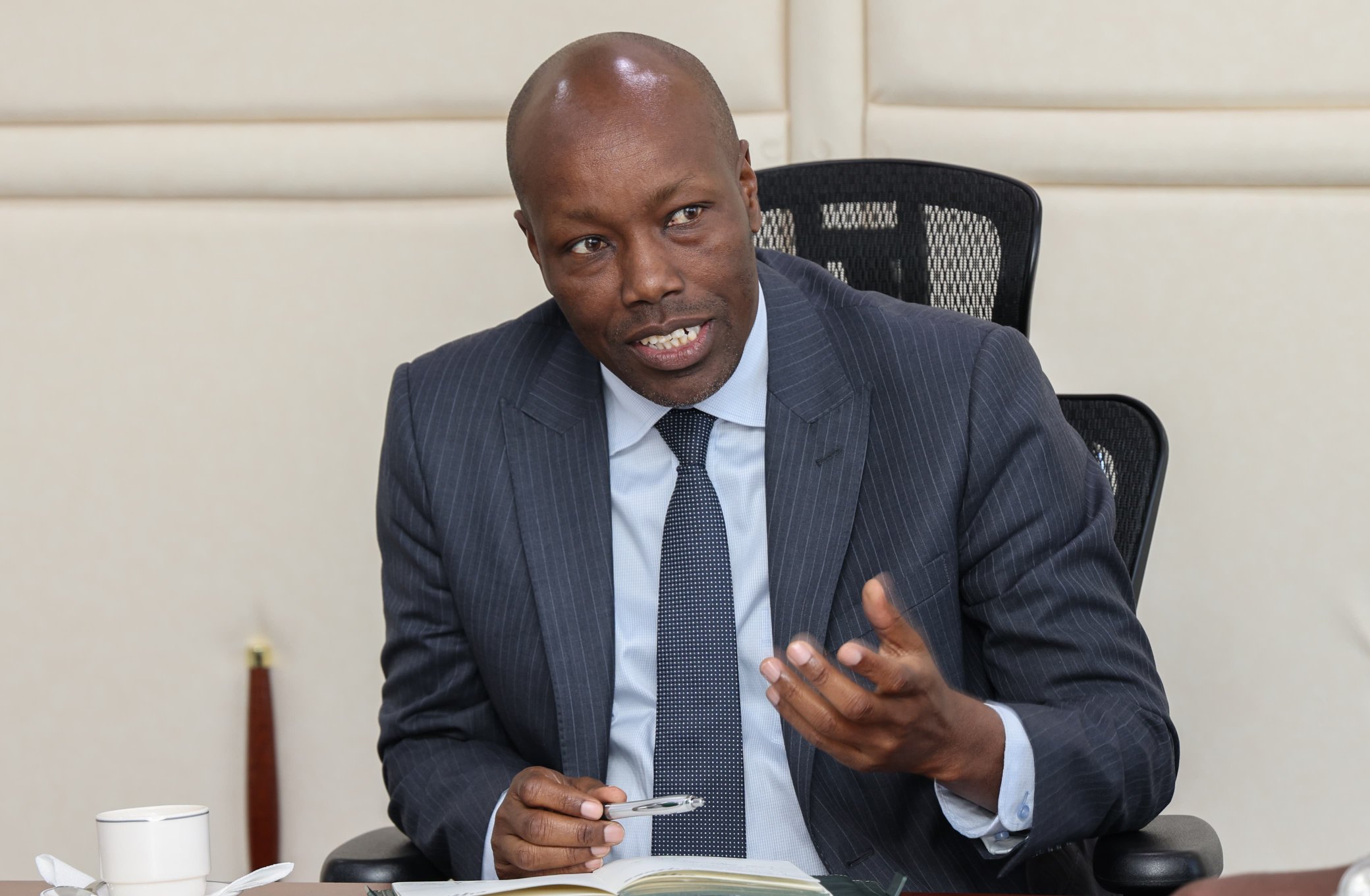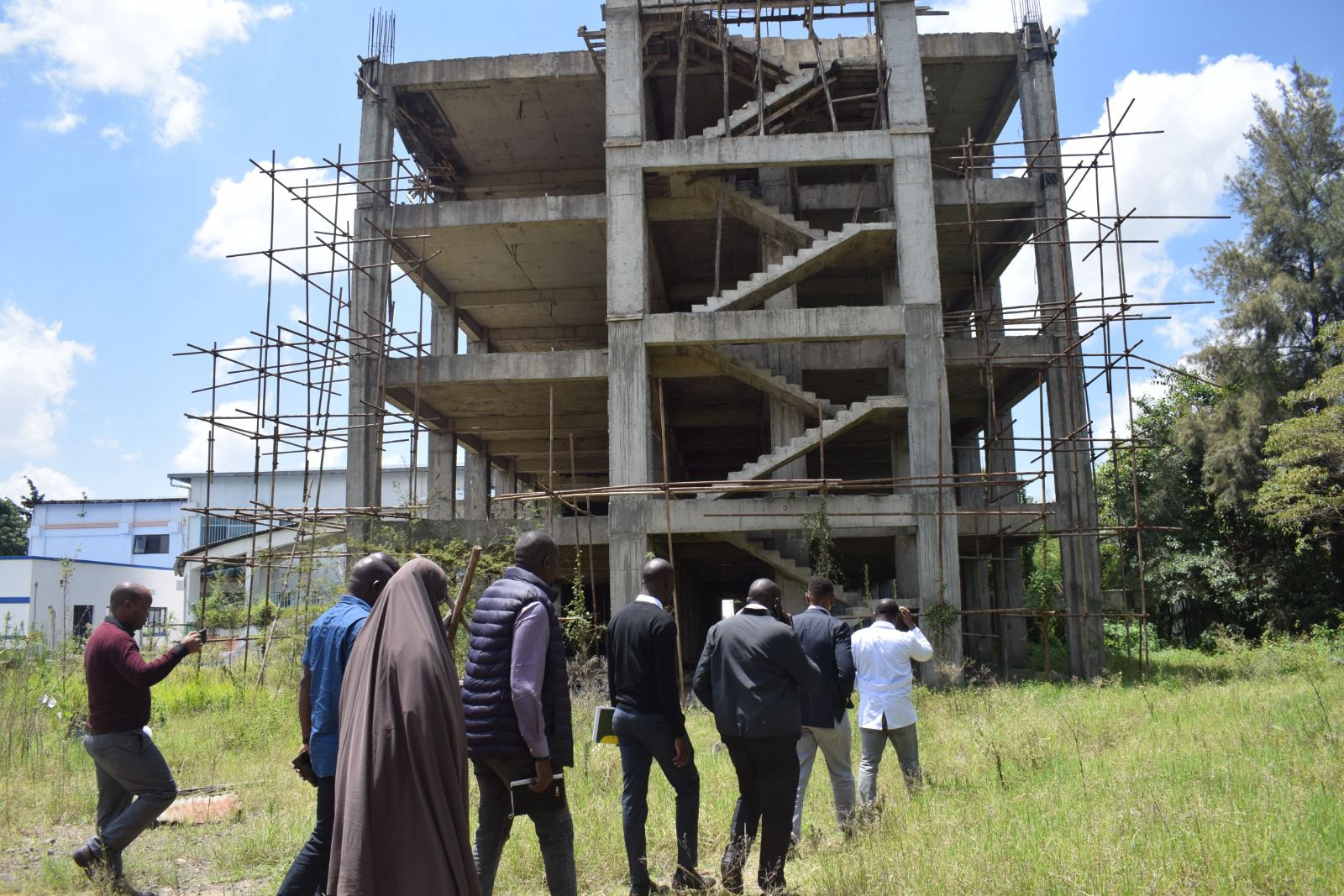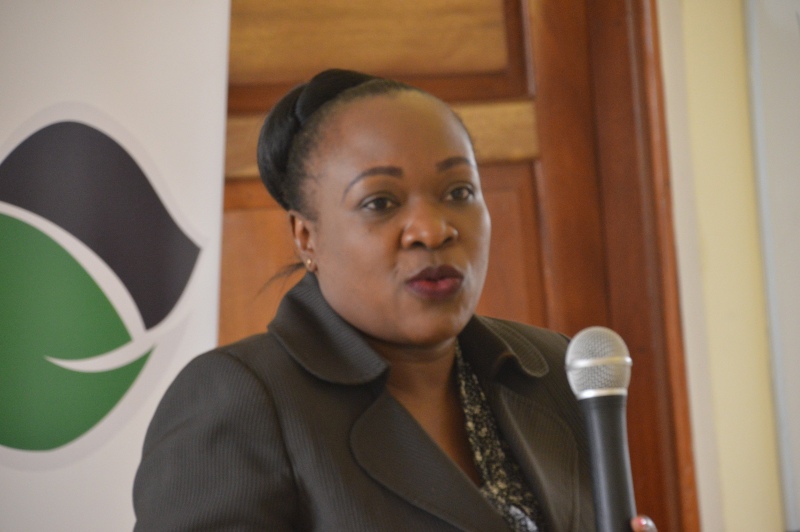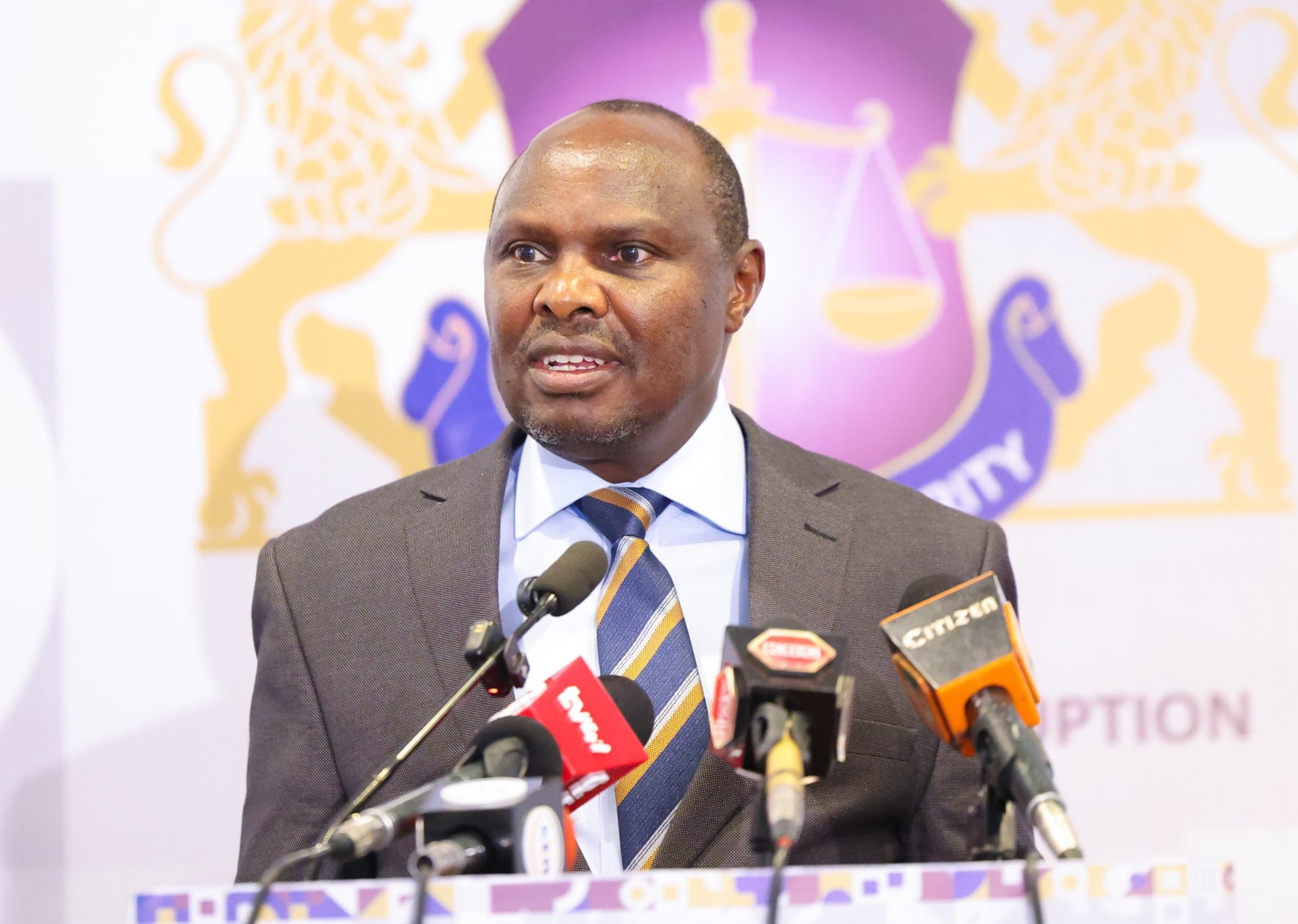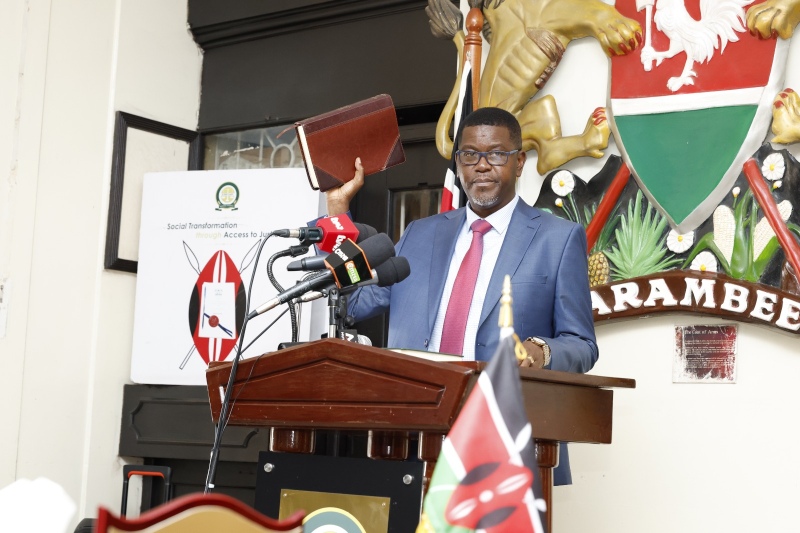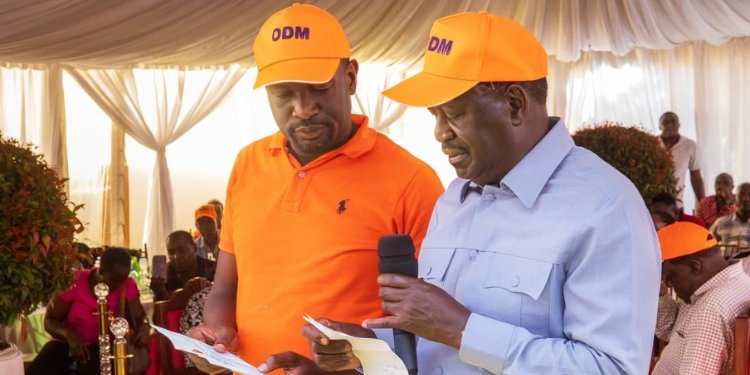Governor Erick Mutai’s fate hangs in the balance as Senate weighs impeachment
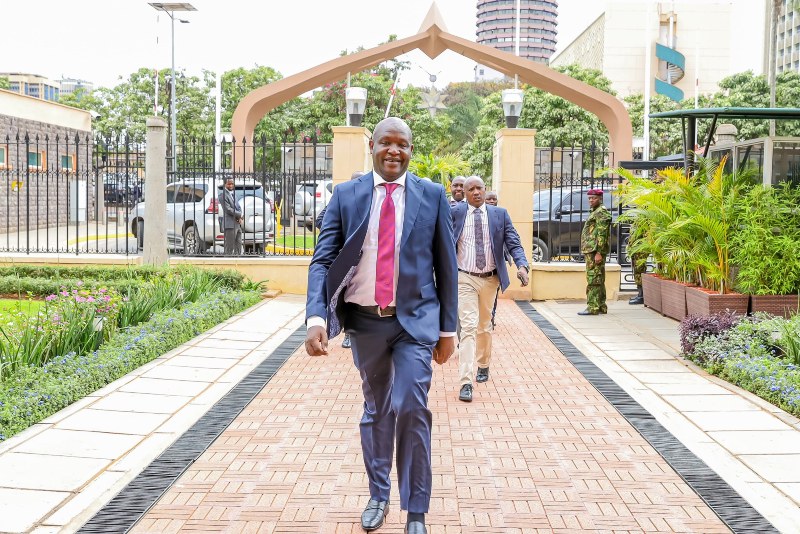
On Thursday, August 28, Governor Mutai mounted a robust defence, challenging the validity of electronic votes cast by Members of the County Assembly (MCAs).
Kericho Governor Erick Mutai’s political future hangs in the balance as the Senate prepares to determine whether he should be removed from office, following contested impeachment proceedings by the County Assembly.
The focus is on whether the required two-thirds support for removal was achieved and the credibility of the Assembly’s electronic voting system.
More To Read
- Live blog: Governor Erick Mutai’s impeachment trial enters third day
- Governor Mutai allowed to submit ICT evidence in impeachment trial
- Kericho Governor Erick Mutai accused of extorting officials through fundraising demands
- Kericho Governor Mutai terms ouster bid a "political conspiracy", accuses speaker of eyeing his seat
- Kericho Governor Mutai’s impeachment trial to proceed as Senate Speaker Kingi dismisses preliminary objections
- Kericho Governor Erick Mutai pleads not guilty as Senate opens impeachment trial
On Thursday, August 28, Governor Mutai mounted a robust defence, challenging the validity of electronic votes cast by Members of the County Assembly (MCAs).
He argued that only 29 members voted legally, which was less than the 32 votes needed to meet the constitutional threshold.
The Assembly claims 33 members supported his removal, though Mutai’s team insists that four of those votes were cast on behalf of members who did not participate, aimed at ending the process before the main charges could be considered.
Senators must first settle these disputes before moving to a vote. If the process proceeds, Mutai will be removed if at least 24 of the 47 elected senators vote in favour of any of the charges.
Voting is by delegation, meaning only elected senators can participate.
The Assembly’s electronic voting system came under heavy scrutiny. ICT head Alfred Korir, who manages the system, faced questions over its security and reliability.
Mutai alleged that anyone linked to an MCA could vote and pointed to multiple logins and other irregularities.
Defence lawyer Peter Wanyama told senators that penetration tests were never conducted, the system was not secure, and some MCAs attempted to log in multiple times, with logs showing nine members voting from a single laptop.
“Are you aware if their telephone numbers were linked to the laptops, or were they voting on their phones?” he asked.
Assembly lawyer Elias Mutuma dismissed these claims as speculative and insisted the logs showed that votes were cast within the Chamber. Senators, however, pressed for more clarity.
Kitui Senator Enock Wambua questioned how a single user could be logged in twice, Tana River Senator Danson Mungatana asked why Korir remained active during voting, and Kakamega
Senator Boni Khalwale criticised the Assembly for recommending a “porous” system. Nandi Senator Samson Cherargei questioned how MCAs with basic phones accessed the voting links.
Homa Bay Senator Moses Kajwang’ noted that the Assembly admitted to errors in the logs and reminded members that the Supreme Court in 2017 required logs to be extracted in the presence of both parties.
Following the concerns, Speaker Amason Kingi called in ICT Authority experts to audit the system. Their report, expected this morning, will confirm how many MCAs voted, whether multiple votes occurred, and if outsiders interfered.
Kapkugerwet MCA Martin Cheruiyot Kiplangat testified that he did not vote but was impersonated.
A voting link had been sent to his phone, which was in his car at the time. He was among 18 MCAs calling for a roll-call vote, citing risks of manipulation.
Elgeyo Marakwet Senator William Kisang challenged his testimony, asking why the 18 members did not seek assistance or walk out, concluding: “If this is the governor’s best witness, then he is cooked.”
The political angle of the impeachment surfaced, with Mutai accusing Assembly Speaker Patrick Mutai of engineering his removal. The process followed a July 10 letter from Deputy Governor Fred Kirui alleging financial misconduct.
Finance CEC Jackson Rop and other chief officers testified about contract splitting, inflated procurement, double payments, forged records, and unsupported expenditure.
Mutai’s defence argued that procurement processes do not implicate the governor directly. Senator Cherargei asked: “What is the nexus between what you have tabled before the House and the governor’s role?” Senator
Wambua added: “Is he guilty simply for being head of county government, or can you directly link him to impropriety?”
The Senate will now decide whether Governor Mutai remains in office, weighing evidence on voting irregularities, procedural validity, and financial allegations.
Top Stories Today
